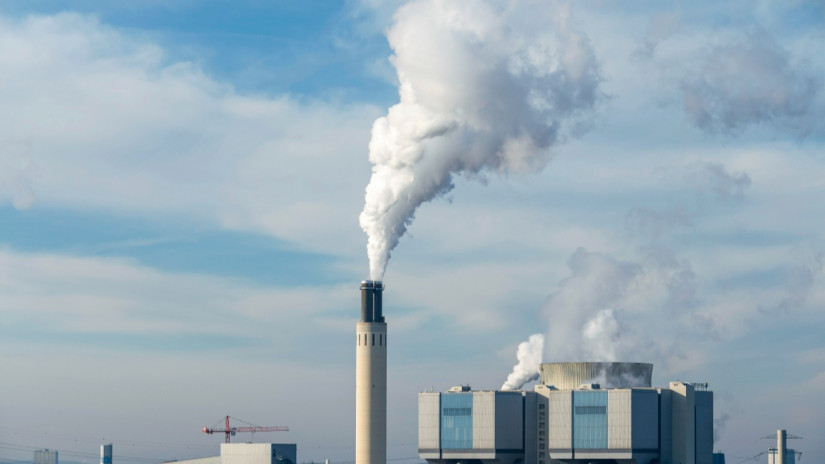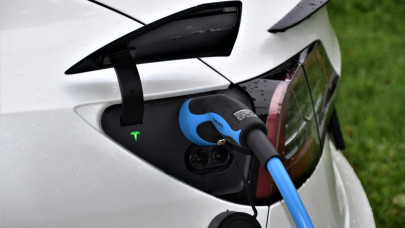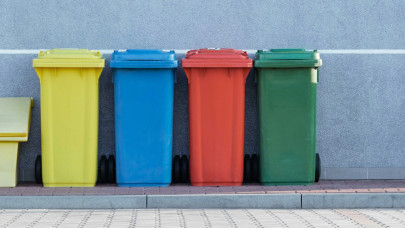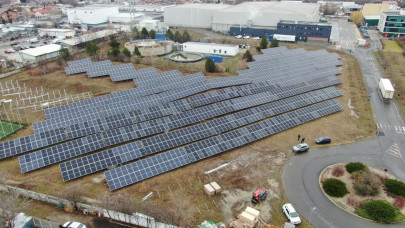The revised law aims to reduce air pollution in the EU for a clean and healthy environment for citizens, in line with the EU's vision to reduce pollution to zero by 2050. The law must also be adopted by the EU Council before being published in the Official Journal of the EU and entering into force 20 days later. EU countries will then have two years to implement the new rules.
The new rules set stricter limits and targets for 2030 for pollutants with serious impacts on human health, including suspended particles (PM2.5, PM10), NO2 (nitrogen dioxide), and SO2 (sulfur dioxide). Member states may request a ten-year postponement of the 2030 deadline if certain conditions are met, according to the European Parliament's press release.
If the new national rules are violated, individuals affected by air pollution will be able to take legal action, and citizens will be able to receive compensation if their health has been harmed.
Furthermore, more air quality monitoring points will be established in cities, and air quality indices will become comparable, clear, and available to the public across the EU.
"By updating air quality standards, some of which were set nearly two decades ago, pollution will be halved throughout the EU, paving the way for a healthier and more sustainable future. Thanks to the Parliament, the updated rules improve air quality monitoring and more effectively protect vulnerable groups. Today is a significant victory in our ongoing commitment to ensuring a safer and cleaner environment for all Europeans," said rapporteur Javi López (S&D, Spain), after the vote in the EP plenary session.
The law must also be adopted by the EU Council before being published in the Official Journal of the EU and entering into force 20 days later. EU countries will then have two years to implement the new rules.
Air pollution continues to be the leading cause of premature death in the EU, with approximately 300,000 deaths per year. In October 2022, the Commission proposed a revision of EU air quality standards with more ambitious objectives for 2030, aiming to achieve zero pollution by 2050.
This legislation meets citizens' expectations regarding pollution and "greener" cities with lower emissions, as well as providing periodically updated information on pollution, as expressed in proposals 2 (2), 4 (6), and 6 (1) of the conclusions of the Conference on the Future of Europe














